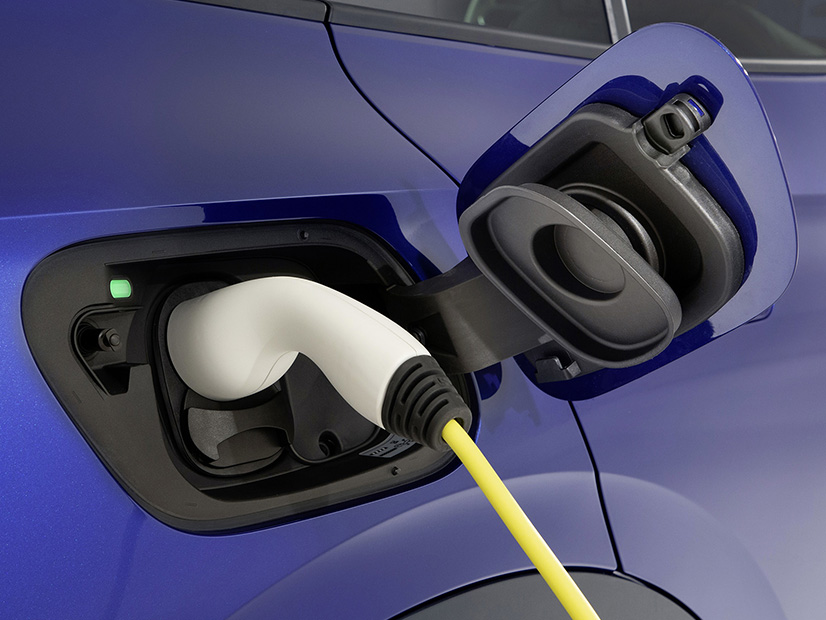
Sales of new zero-emission vehicles in Massachusetts will need to reach 45,000 per year by 2025 to be in line with the state’s clean car mandate.
Rebates alone may not be enough to get the state there, according to Robert O’Koniewski, executive vice president and general counsel for the Massachusetts State Auto Dealers Association.
The association represents the state’s new car and truck dealerships, which O’Koniewski said sell 300,000 cars every year. Massachusetts adopted California’s ZEV mandate to make 15% of new car and truck sales zero-emission by 2025.
MOR-EV, the state’s current rebate program, provided $43 million in rebates for 21,000 EVs from 2014 to the end of July, according to the Center for Sustainable Energy. That “just barely scratches the surface” of what’s going to be needed in the coming years, O’Koniewski said during a hearing of the legislature’s Telecommunications, Utilities and Energy Committee on Wednesday.
Gov. Charlie Baker also committed the state to adopting California’s Advanced Clean Cars program, which requires all new car and truck sales in that state to be zero-emission by 2035.
State legislators are considering a sales incentive bill (S. 2129) that would establish a $5,000 rebate for an EV purchase. Two other bills before the legislature propose a rebate of $2,500 (H. 3321 and H. 3368).
Based on EV sales growth rates for Massachusetts and the state’s current annual car sales, the state could sell an estimated total of 290,000 ZEVs over the next 8.5 years. And given the potential for 300,000-plus EV sales per year starting in 2035, O’Koniewski said “there are a lot more pieces to this puzzle than just the rebate program.”
He called for more affordable vehicles and an expanded menu from manufacturers on EV choices. The market also will need a significant charging infrastructure buildout, a better charge life for batteries and consideration for costs on charging, he said.
Charging Needs
Legislators also heard testimony on bills proposing the adoption of buildings codes that require parking spaces to be wired for EV charging (S. 2192 and S.2151).
The codes would ensure that new construction and renovations of commercial and residential buildings and parking facilities include the wiring necessary for some parking spaces to offer EV charging access.
Charging infrastructure provider ChargePoint (NYSE:CHPT) spoke in favor of the code change at the hearing.
“From an upfront capital cost perspective … it costs more to retrofit an existing parking space for the installation of a charger than it does to buy or lease the charger itself,” said Kevin Miller, director of public policy at ChargePoint. “It’s important to require that the Board of Building Regulations and Standards adopt EV-ready requirements in the state building code to avoid the significantly higher cost for retrofitting a parking spot.”
S. 2151 would also direct the Department of Energy Resources to study priority locations for public EV charging installations. Environmental justice communities and their proximity to transportation infrastructure would be among the criteria for determining priority locations.
That study, Miller said, should identify how to leverage private capital resources for building out public charging infrastructure.
Eversource Energy’s (NYSE:ES) director of energy efficiency, Michael Goldman, told the committee that the utility’s EV goals align with the bills considered during the hearing. The company recently submitted an updated EV infrastructure program to the Department of Public Utilities (DPU) that would provide for the installation of 25,000 charging ports, Miller said.
National Grid (NYSE:NGG) also filed an updated EV program with the DPU this month, said Kevin O’Shea, the company’s director of Massachusetts government affairs.
That plan includes incentives for deploying 7,200 public level 2 charging ports and 32 MW worth of fast-charging ports. The wattage target, according to the filing, would accommodate fast chargers that range from 24 to 350 kW.
